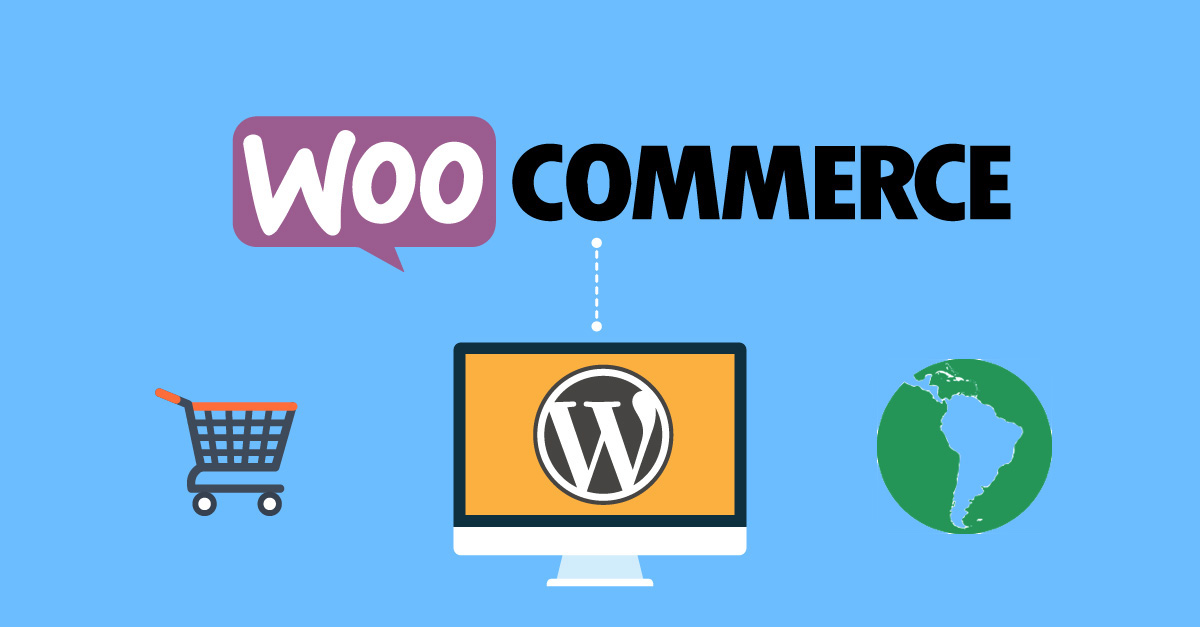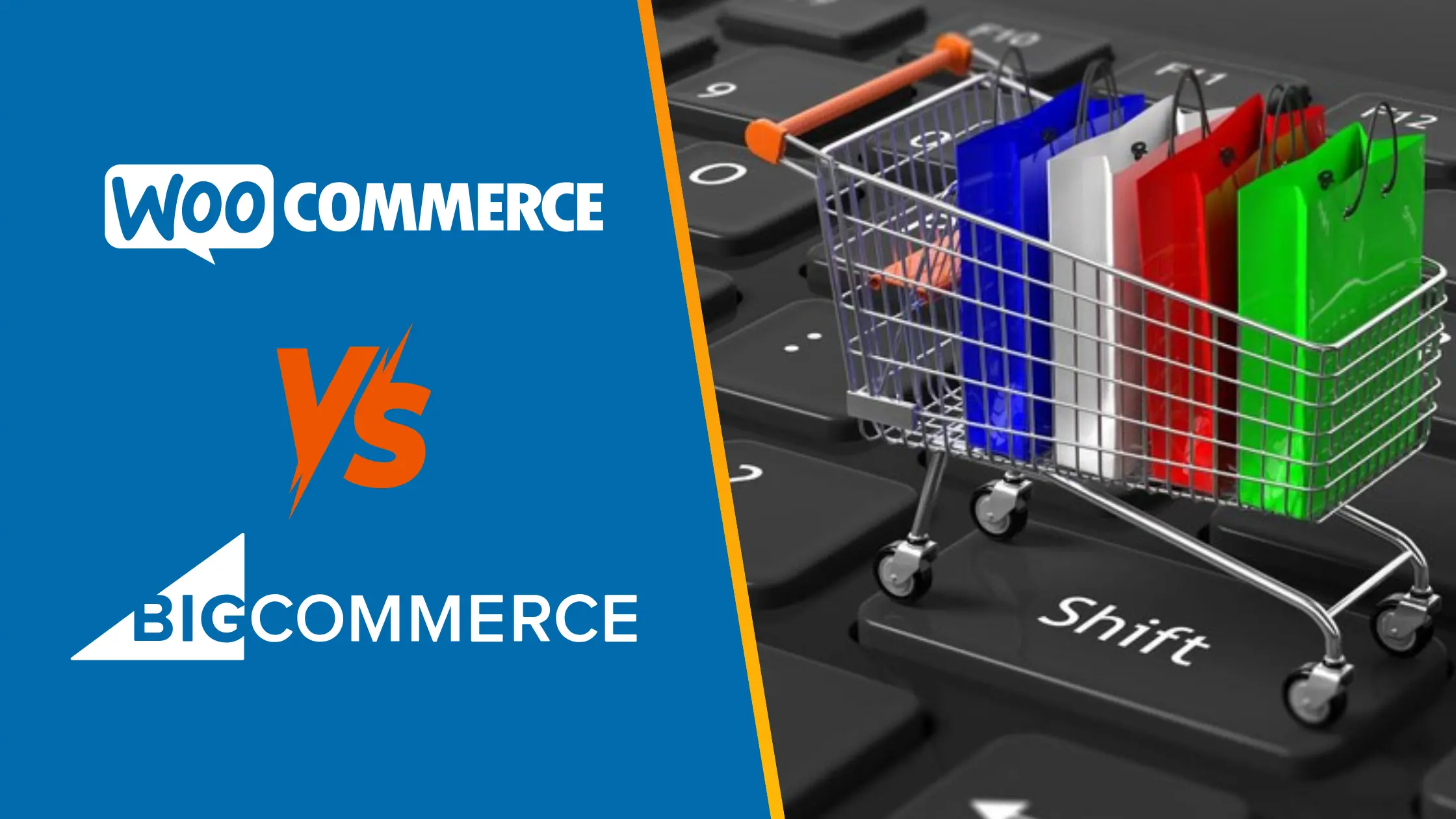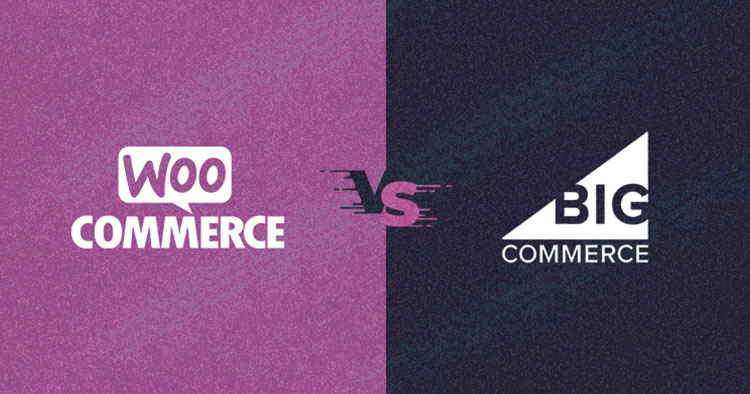The internet revolutionized shopping, with online stores becoming a mainstay for savvy consumers. Retailers, large and small, are embracing the ecommerce space, offering their products alongside their brick-and-mortar stores. But with a plethora of ecommerce platforms available, choosing the right one can be daunting. The two most well-liked choices are WooCommerce and BigCommerce. Both offer distinct advantages and drawbacks, making it crucial to understand the key differences before making your decision. This guide will delve into the WooCommerce vs BigCommerce debate, explaining their functionalities and highlighting the factors that differentiate them. By the end, you’ll be equipped to select the platform that best suits your online store’s needs.
 However, there’s a trade-off to consider. While BigCommerce offers a wealth of built-in tools, it restricts you to using those within their platform. On the flip side, a major advantage of BigCommerce is the ability to seamlessly integrate your online store with your existing WordPress website, creating a unified shopping experience for your customers.
However, there’s a trade-off to consider. While BigCommerce offers a wealth of built-in tools, it restricts you to using those within their platform. On the flip side, a major advantage of BigCommerce is the ability to seamlessly integrate your online store with your existing WordPress website, creating a unified shopping experience for your customers.
 However, setting up a WooCommerce store involves a few extra steps. You’ll need to secure web hosting (either purchase it or use an existing provider), install WooCommerce itself, along with WordPress, and potentially integrate additional marketing tools to elevate your online presence.
However, setting up a WooCommerce store involves a few extra steps. You’ll need to secure web hosting (either purchase it or use an existing provider), install WooCommerce itself, along with WordPress, and potentially integrate additional marketing tools to elevate your online presence.
BigCommerce: An Overview
BigCommerce takes a different approach, functioning as a fully hosted ecommerce platform. This means you gain access to a comprehensive suite of services, encompassing hosting, payment processing, design tools, SEO features, content management, and even marketing functionalities – all rolled into one. Essentially, BigCommerce is a Software as a Service (SaaS) or all-in-one solution. Building your online store is a breeze with BigCommerce, as you simply choose and purchase a subscription plan. However, there’s a trade-off to consider. While BigCommerce offers a wealth of built-in tools, it restricts you to using those within their platform. On the flip side, a major advantage of BigCommerce is the ability to seamlessly integrate your online store with your existing WordPress website, creating a unified shopping experience for your customers.
However, there’s a trade-off to consider. While BigCommerce offers a wealth of built-in tools, it restricts you to using those within their platform. On the flip side, a major advantage of BigCommerce is the ability to seamlessly integrate your online store with your existing WordPress website, creating a unified shopping experience for your customers.
WooCommerce: An Overview
WooCommerce reigns supreme as the leading ecommerce plugin for WordPress. It empowers you to transform any existing WordPress blog or website into a full-fledged online store. However, setting up a WooCommerce store involves a few extra steps. You’ll need to secure web hosting (either purchase it or use an existing provider), install WooCommerce itself, along with WordPress, and potentially integrate additional marketing tools to elevate your online presence.
However, setting up a WooCommerce store involves a few extra steps. You’ll need to secure web hosting (either purchase it or use an existing provider), install WooCommerce itself, along with WordPress, and potentially integrate additional marketing tools to elevate your online presence.
WooCommerce vs BigCommerce: Key Differences
The key difference between BigCommerce and WooCommerce lies in their approach. BigCommerce is a fully hosted platform, similar to an eCommerce website builder. Imagine it as an all-in-one solution where BigCommerce takes care of the technical aspects like server maintenance and security updates. This user-friendly approach has helped countless entrepreneurs launch over 100,000 online stores worldwide. BigCommerce offers a vast array of built-in features, essentially providing everything you need to get your online business up and running quickly and seamlessly. In contrast, WooCommerce is a WordPress plugin. This means it leverages the existing framework of WordPress, making it a great fit if you already have a WordPress website. However, WooCommerce requires more technical know-how compared to BigCommerce. While it offers extensive customization options to maintain brand consistency across your website and store, this flexibility comes with the responsibility of managing hosting, security updates, and other technical aspects.Woocommerce vs Bigcommerce: Selecting the Best Platform
WooCommerce vs BigCommerce: Ease of Use
BigCommerce: Getting started with BigCommerce is a breeze. Their free trial allows you to explore the platform before committing. The setup process itself is a three-step journey: entering your email, naming your store, and providing some brand details. Within minutes, you’ll be navigating your BigCommerce dashboard, previewing your store, adding products, and customizing its design. BigCommerce excels in user-friendliness. Onboarding guides highlight key features and customization options. Additionally, their comprehensive FAQ section tackles common questions, empowering you to explore the platform confidently. Many features are seamlessly integrated into their themes, making them easy to find and utilize. Unlike WooCommerce, BigCommerce offers a complete package that includes web hosting, a domain name, and even security certificates, eliminating the need for separate setups. WooCommerce: Compared to BigCommerce, WooCommerce presents a steeper learning curve due to its technical nature. However, partnering with a WooCommerce-friendly hosting provider like Bluehost simplifies the process significantly. Bluehost offers automatic WooCommerce installation, eliminating the need for manual setup. Additionally, they provide a free consultation to assist with store setup, a free domain name with an SSL certificate, and a pre-installed storefront theme. Bluehost’s 24/7 customer support staffed by WordPress experts ensures you’re well-equipped to navigate any challenges. Regardless of your chosen hosting provider, once you install the WooCommerce plugin, the setup wizard guides you through establishing your store in minutes. This wizard empowers you to manage essential tasks including creating pages, configuring payment options, setting up currency and taxes, and defining shipping methods.WooCommerce vs BigCommerce: Customer Support
BigCommerce offers comprehensive customer support with 24/7 access through live chat, email, and phone. Additionally, they provide a user forum and a well-stocked online help center packed with self-help articles. For businesses choosing the Enterprise plan, dedicated account managers and onboarding consultants offer personalized assistance. WooCommerce, being self-hosted, relies on a more distributed support system. While some hosting platforms offer WooCommerce-specific support, core plugin issues typically require assistance from the WordPress forum or the official WooCommerce website. These resources boast extensive documentation, tutorials, and a community where you can find solutions or ask questions. Theme and extension support comes from their respective developers, while server-related concerns fall under the purview of your web host. Finally, numerous WordPress blogs like WPBeginner offer valuable WooCommerce tutorials and resources. In essence, BigCommerce provides a more traditional, direct support structure, while WooCommerce offers a broader range of resources but requires a more proactive approach from the user.WooCommerce vs BigCommerce: Features & Functionality
BigCommerce boasts a range of built-in features to streamline your online store operations. These include:- Multi-channel selling: Reach a wider audience by seamlessly integrating your store with popular marketplaces like eBay and social media channels.
- Enhanced security: Built-in SSL encryption protects your store and customer data, giving them confidence during checkout (indicated by the padlock symbol).
- Performance insights: Gain valuable data through analytics and reporting tools. Track aspects like website sessions, email campaign effectiveness, and sales trends.
- Abandoned cart recovery: Don’t lose potential sales! Automated emails gently nudge customers to complete their purchases and recover abandoned carts.
- Promotional tools: Generate excitement and boost sales with targeted promotions. Offer discount codes and deals to attract customers.
- Built-in blogging: Publish engaging content directly from your store using the built-in blogging platform. This helps drive traffic and build brand loyalty.
- Streamlined refunds: Simplify the returns process by offering one-click refunds, ensuring a smooth customer experience.
- Unmatched customization: For developers, WooCommerce offers limitless customization possibilities. From the storefront design to the checkout process, you have full control over the user experience.






